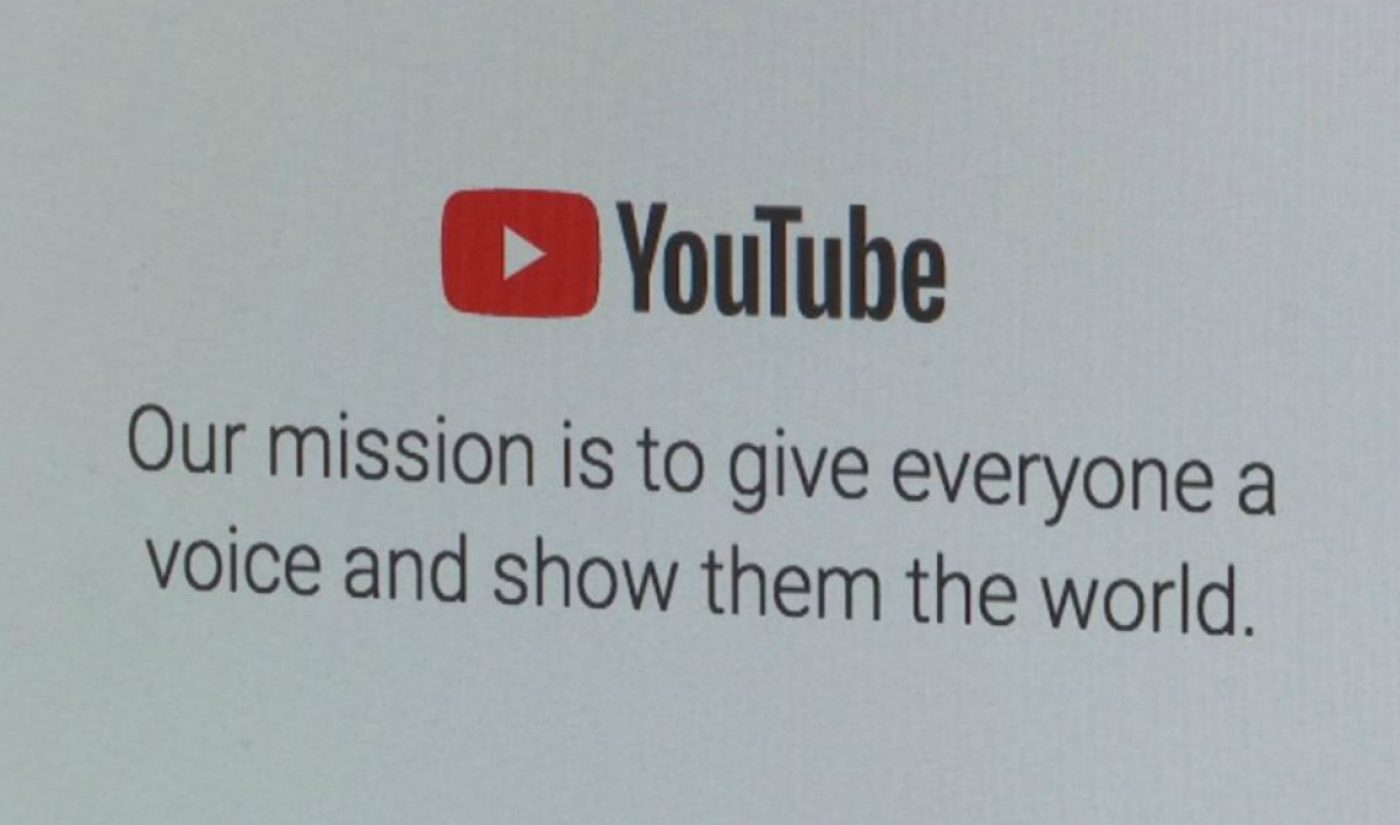Roscomnadzor, a communications watchdog operated by the Russian state, has asked Google to stop YouTube from advertising broadcasts of citizens’ political protests.
Mass protests calling for free elections have been going on in the country’s capital, Moscow, for weeks, and attendees have livestreamed the events on YouTube. Roscomnadzor’s issue with YouTube isn’t so much that people are streaming footage; it’s that YouTube reportedly sent push notifications — on behalf of unspecified “entities” who bought the right to send those notifications — to its users, Reuters reports.
Roscomnadzor claimed those notifications were used to spread information about the gathering, and called YouTube’s actions advertisement of “illegal mass events.” Though, as Al Jazeera points out, the latest protest — the one YouTube allegedly sent push notifications about — was preapproved by Russian authorities, while prior protests were not.

Subscribe for daily Tubefilter Top Stories
If Google doesn’t stop YouTube from sending push notifications about any future protests, the Russian government will consider it “interference in sovereign affairs,” “hostile influence,” and “obstruction of democratic elections in Russia,” Roscomnadzor said in a statement.
Roscomnadzor said if that’s the case, Russia will respond accordingly. It did not give details about what “respond accordingly” means.
As Reuters notes, this isn’t the first time Google and YouTube have found themselves at issue with the Russian government. In September last year, YouTube had to remove 40 political advertisements from its platform to comply with Russian silence laws, which prohibit advertising within the 24 hours prior to an election. And in December, Russia fined Google roughly $7,700 for failing to remove prohibited search results from its engine. The country then opened a civil court case against the tech giant because it hadn’t joined a state registry that lists banned websites.
Tubefilter has reached out to YouTube for comment, and will update this story with any new information.








